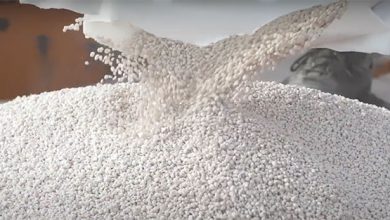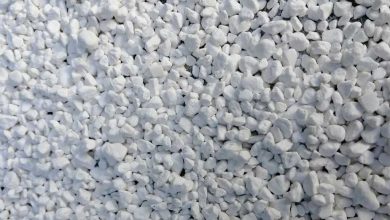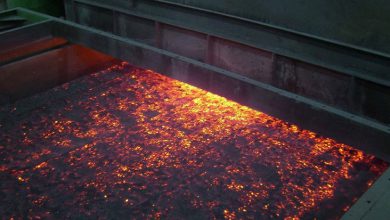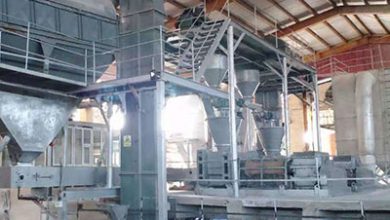What is Cyanuric Acid and Its Applications
Cyanuric acid (CYA) is an important chemical widely used in disinfectants, chlorine stabilizers, flame retardants, resins, coatings, and even cosmetics. It serves as both an industrial raw material and a functional additive. In particular, its role in water treatment and chlorine stabilization has made it a material in demand around the world.
Because of its versatility, industries require cyanuric acid not only to meet strict chemical standards but also to be safe, easy to handle, and consistent in performance. These expectations have driven the shift from traditional powder forms to modern granulated products.

Challenges of Powdered Cyanuric Acid
For decades, cyanuric acid was supplied mainly as a fine powder. While chemically pure, powder products posed significant challenges. They tended to cake during storage, generated dust during handling, and offered poor flowability in packaging and dosing systems.
These problems caused inefficiencies in production, created risks for operators, and led to dissatisfaction among customers. Powder could lose quality during transport, or require additional processing before use. As markets demanded cleaner, safer, and more convenient materials, it became clear that powder cyanuric acid limited growth opportunities.
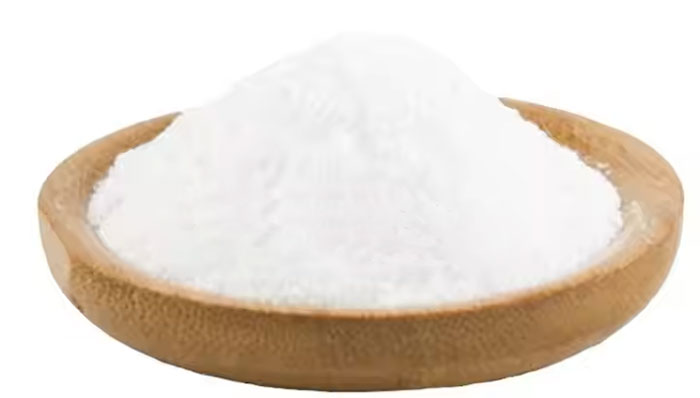
Dry Granulation and Roller Compaction Technology
The breakthrough came with the application of dry granulation, also known as roller compaction. In this process, fine cyanuric acid powder is compacted under high pressure between two counter-rotating rollers, forming dense sheets. These sheets are then crushed and screened to produce uniform granules.
Unlike wet granulation, dry granulation requires no liquid binders and no drying step. The result is a shorter production flow, lower energy consumption, and a product that retains its purity. This method also reduces environmental impact by minimizing emissions and avoiding wastewater.
Maxton’s roller compactors are built to handle fine, low-moisture powders like cyanuric acid. They use high-strength rollers, automated feeding systems, and advanced controls to ensure continuous, stable production. Compared with older granulators, they achieve stronger granules, higher yields, and more consistent particle size distribution—benefits that directly translate into improved product quality for customers.
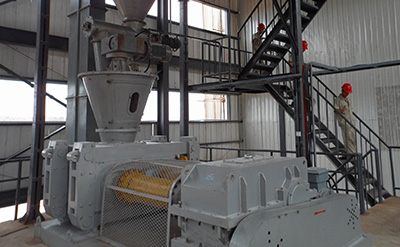
Process Optimization for Better Granules
Effect of Roller Pressure
One of the most important factors in producing high-quality cyanuric acid granules is roller pressure. When the compaction force increases, the granules become denser and mechanically stronger. In practice, optimized roller pressure can raise the bulk density of cyanuric acid to nearly double that of the raw powder, while ensuring the hardness required for safe handling and transport.
Feeding and Degassing Systems
Feeding plays a critical role in ensuring consistent quality. In older operations, manual feeding was irregular and unsafe, often leading to unstable products. Automated feeders now supply the powder continuously and evenly, improving both safety and efficiency.
Another innovation is the use of a degassing hopper before compaction. Cyanuric acid powder often contains entrained air, which weakens compaction and creates flaky sheets. By allowing air to escape before the powder enters the rollers, degassing improves sheet integrity, reduces fines, and ensures more uniform granules.
Equipment Integration
Producers also benefit from combining machines in flexible ways. Oversized particles can be re-crushed, while undersized fines can be recycled back into the feed system. With optimized equipment integration, nearly all material is transformed into usable granules, reducing waste and maximizing yield.
Together, these optimizations have allowed dry granulation of cyanuric acid to move from small-scale experiments to large-scale, reliable production.
Benefits of Granulated Cyanuric Acid for Customers
Easier Handling and Storage
Granulated cyanuric acid flows smoothly, packs efficiently, and does not cake as easily as powder. Customers experience less dust during handling, safer packaging, and simpler dosing in their processes.
Cleaner and Safer Operations
Reduced dust means a cleaner workplace and lower risk for operators. Granules are also more resistant to breakage, so less product is lost in transport and storage. This reliability gives end users greater confidence in their operations.
Environmental and Cost Advantages
The dry granulation process eliminates unnecessary drying steps and avoids liquid binders. This lowers energy use, reduces emissions, and supports environmental goals. At the same time, producers benefit from higher efficiency and customers enjoy lower overall costs.
Future Outlook and Industry Potential
The shift from powder to granules has already transformed the way cyanuric acid is produced and used. Granulated cyanuric acid meets modern market expectations for quality, safety, and convenience, giving producers a competitive advantage and customers a better product.
As technology continues to improve, roller compaction will deliver even more efficient, high-yield production. For the global chemical industry, dry granulation represents not only a technical upgrade but also a sustainable path forward. With stable performance and clear benefits, granulated cyanuric acid is set to become the standard for future applications.


